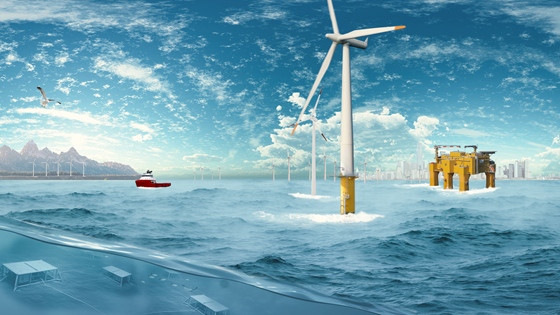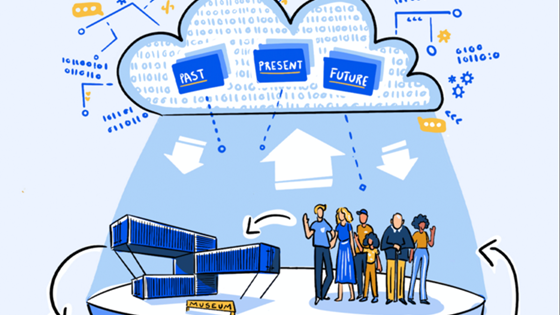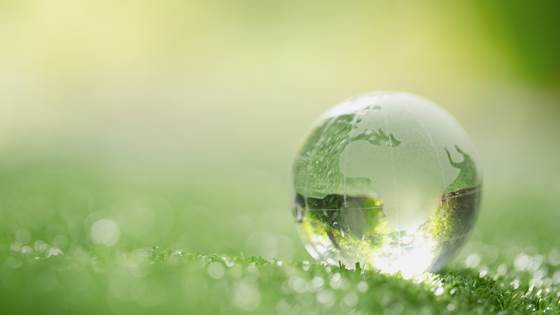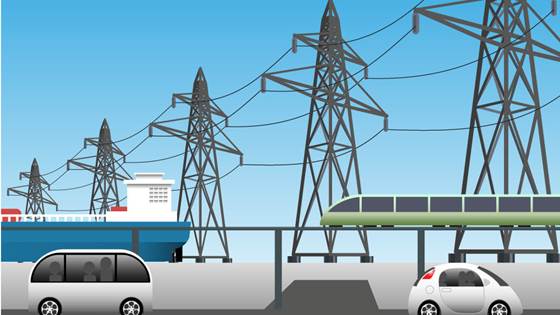
FME NorthWind
FME NorthWind (Norwegian Research Centre on Wind Energy) will bring forward outstanding research and innovation to create jobs and grow exports, and to facilitate the sustainable development of wind power.

FME NorthWind (Norwegian Research Centre on Wind Energy) will bring forward outstanding research and innovation to create jobs and grow exports, and to facilitate the sustainable development of wind power.
FRIENDSHIP plans to bring together research institutions, industrial designers, technologies & heat suppliers into the same consortium in order to unite skills towards the boost and control of the heat supply temperature according to processes needs.

The Gaia Vesterålen project aims to contribute to the sustainable development of local communities by combining existing and new content in museums with the help of groundbreaking technological solutions.

The sustainability transitions research field addresses the complex transformation processes needed for key societal services (energy, transport/mobility, food, housing, water/sanitation) to be provided more sustainably.

Hybrid solutions may be a key technology for the green energy transition.

Electrification of the transport sector, fish farming facilities, the petroleum industry, etc. will cause increased and more complex electrical loads on the grid.

This project will investigate if Norwegian hydropower can play a major role in climate change mitigation.

Emissions from petroleum production stand for over 25% of Norway's total CO2 emissions, and these must be significantly reduced for the country to reach its ambitions in the Paris Agreement.
The production of photovoltaic modules generates significant resource flows, much of which currently becomes waste, including silicon kerf, graphite, and silica from ingot production.

Process heating accounts for nearly 50% of the final energy consumption in the industry. A large portion of this is currently covered by fossil fuel, which leads to significant GHG emissions.

IMPACT (Innovative Methods for Wave Energy Pathways Acceleration through Novel Criteria and Test Rigs) was a European project for the development and demonstration of a next-generation testing approach for Wave Energy Converters (WECs).

The GreenEST project aims to develop state-of-art charging stations for electric transportation (cars, busses) consisting of innovative light-weight PV panels coupled with grids and batteries.

The main goal of the IntoWell project is to develop cost-effective and robust CO2 injection wells for carbon capture and storage (CCS).

- Ultra-insulated seaborne containment system for global LH2 ship transport

Lifecycle Inspection, Analysis and Condition information system

Carbon Capture and Storage (CCS) is seen as a promising technology to meet climate goals. In a not-so-distant future, the CCS clusters consisting of different CO2 sources with large variations in flow rates, operating conditions, and impurity content...

MaritmeNH3 will develop and disseminate new knowledge to facilitate the realisation of a cost-efficient value chain and safe use of ammonia (NH3) as a zero-carbon maritime fuel.

The goal of this project is to overcome the issue of limited available or labelled data for (multivariate) time series modelling, where heterogeneity of the data as well as noise, pose further challenges. ML4ITS’s main objective is to advance the...